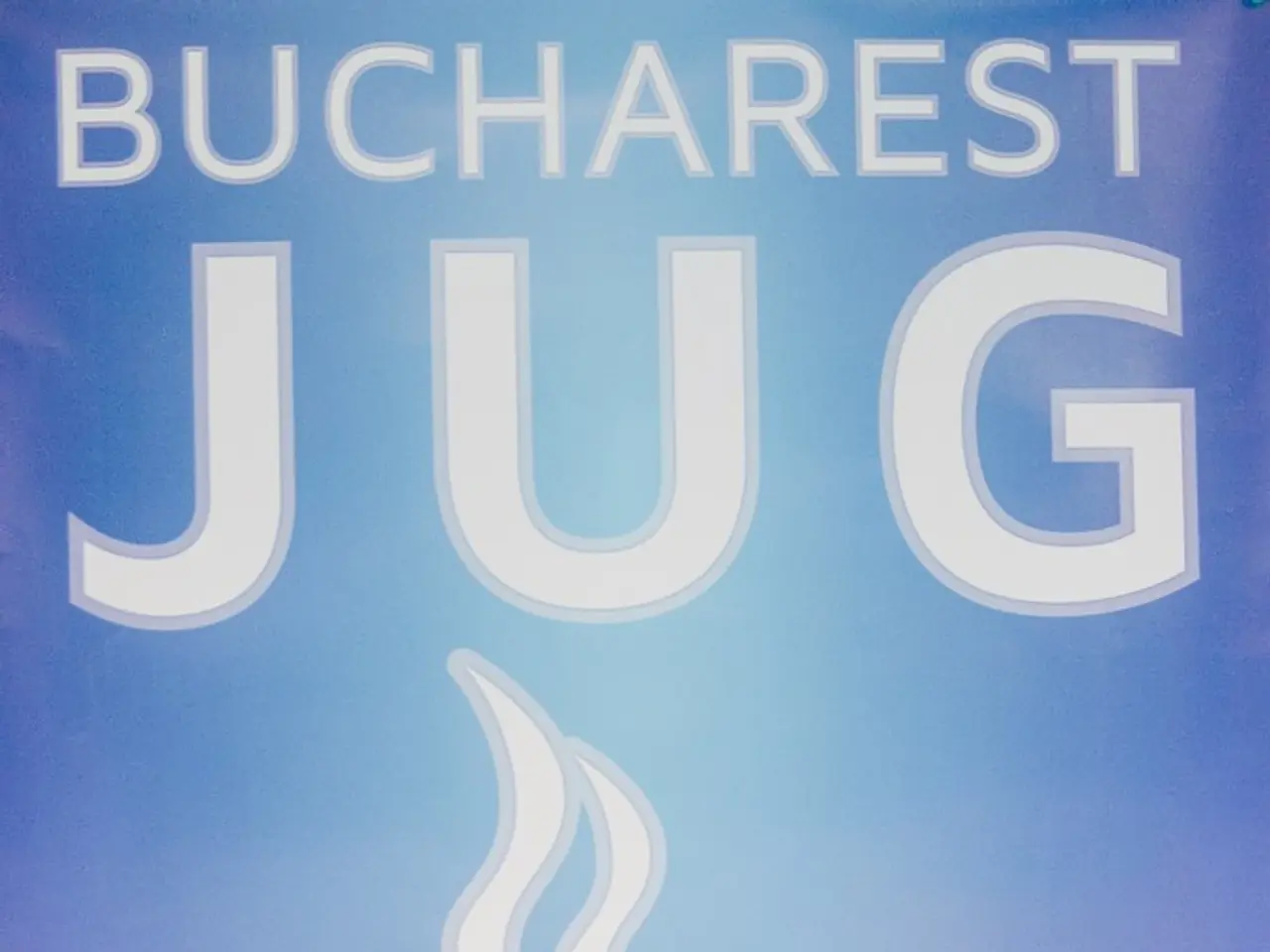Federal student financial aid (Bafög) reaches its lowest point since the year 2000.
The German government has introduced a new support instrument, the "Study Start Assistance", as part of BAföG for the 2024/2025 winter semester. This one-time financial grant of 1,000 euros is aimed at persons under 25 years of age who are receiving certain social benefits before starting their studies and who are enrolling in a university for the first time, primarily due to unemployment benefits.
In the 2023/2024 academic year, the number of BAföG recipients stagnated, with 612,800 students receiving support. Most of these recipients were under 25 years old and did not live with their parents. The average monthly BAföG support for students was 635 euros.
Despite the introduction of the Study Start Assistance, concerns about educational equity and financial support for students persist. Elke Hannack, deputy chairwoman of the German Trade Union Confederation, has expressed the need for action. She highlights that the support amounts for housing, living expenses, and training costs in BAföG do not cover the actual need.
The current status of the BAföG reform in Germany includes plans to increase both the housing cost allowance and the BAföG basic need. The housing cost allowance is set to increase from the current 380 to 440 euros per month from the winter semester 2026/2027. The BAföG basic need of 475 euros per month is to be increased in two steps from 2027.
However, these planned reforms are still pending full adoption and financial backing. Political debates and budgetary constraints present ongoing challenges to realizing these goals imminently. Critiques have emerged warning that despite promises for a major BAföG amendment, the federal government plans to reduce funding by €250 million from 2026 onwards, putting into question how the promised improvements will be financed.
In addition to the ongoing reform discussions, recent updates to BAföG have introduced a "flexible semester" benefit from winter semester 2024/2025, allowing students an additional semester of funding without needing to provide justification. This could be viewed as part of broader reform efforts to improve student financial support.
It is also worth noting that women were more frequently supported by BAföG than men in 2023, with 59% of recipients being women. The German Student Union has criticized that BAföG is too low and reaches too few students, and demanded that it be made higher, simpler, and digital.
The decreasing trend in BAföG recipients continued in 2024, with a 4% decrease compared to the previous year. Federal spending on BAföG support decreased by 9% in 2023, to 3.1 billion euros.
In conclusion, while the reform agenda strongly emphasizes increasing housing cost allowances and basic needs for BAföG recipients to improve support for students, the reforms are still pending full adoption and financial backing as of August 2025. The ongoing challenges in realizing these goals underscore the need for continued dialogue and action to address the financial needs of students in Germany.
References: [1] Bundesministerium für Bildung und Forschung (2024). BAföG: Flexible Semester ermöglicht zusätzliche Semesterfinanzierung ohne Begründung. Retrieved from https://www.bmbf.de/de/bafog-flexible-semester-ermoeglicht-zusaetze-semesterfinanzierung-ohne-begrundung-15167.html [2] Deutsche Welle (2025). Germany's BAföG reform: A long road ahead. Retrieved from https://www.dw.com/en/germanys-bafog-reform-a-long-road-ahead/a-56566894 [3] Spiegel Online (2025). BAföG-Reform: Kritik an Verlusten im Haushalt. Retrieved from https://www.spiegel.de/wirtschaft/soziales/bafoeg-reform-kritik-an-verlusten-im-haushalt-a-129846519.html
The proposed increment in the housing cost allowance and the BAföG basic need, set for 2026, could potentially alleviate financial stress for students in business, education-and-self-development. On the other hand, concerns about the funding of these enhancements persist, as the federal government plans to reduce funding by €250 million from 2026 onwards.




